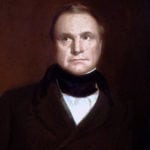 Music
Music  Music
Music  History
History 10 Less Than Jolly Events That Occurred on December 25
 Weird Stuff
Weird Stuff 10 Funny Ways That Researchers Overthink Christmas
 Politics
Politics 10 Political Scandals That Sent Crowds Into the Streets
 Weird Stuff
Weird Stuff Ten Bizarre Facts About The Doge Meme
 Our World
Our World 10 Ways Your Christmas Tree Is More Lit Than You Think
 Movies and TV
Movies and TV The 10 Coolest Stars to Set Sail on The Love Boat
 History
History 10 Things You Didn’t Know About the American National Anthem
 Technology
Technology Top 10 Everyday Tech Buzzwords That Hide a Darker Past
 Humans
Humans 10 Everyday Human Behaviors That Are Actually Survival Instincts
 Music
Music 10 Surprising Origin Stories of Your Favorite Holiday Songs
 History
History 10 Less Than Jolly Events That Occurred on December 25
 Weird Stuff
Weird Stuff 10 Funny Ways That Researchers Overthink Christmas
Who's Behind Listverse?

Jamie Frater
Head Editor
Jamie founded Listverse due to an insatiable desire to share fascinating, obscure, and bizarre facts. He has been a guest speaker on numerous national radio and television stations and is a five time published author.
More About Us Politics
Politics 10 Political Scandals That Sent Crowds Into the Streets
 Weird Stuff
Weird Stuff Ten Bizarre Facts About The Doge Meme
 Our World
Our World 10 Ways Your Christmas Tree Is More Lit Than You Think
 Movies and TV
Movies and TV The 10 Coolest Stars to Set Sail on The Love Boat
 History
History 10 Things You Didn’t Know About the American National Anthem
 Technology
Technology Top 10 Everyday Tech Buzzwords That Hide a Darker Past
 Humans
Humans 10 Everyday Human Behaviors That Are Actually Survival Instincts
10 People Who Just Didn’t Know When To Shut Up
There are times when all of us open our mouths before we have engaged our brains. Unintentionally, we can hurt other people’s feelings or show ourselves and our employers in a bad light.
It may be because we are caught off guard or we are having a bad day. In most cases, a timely apology is all that is required to put things right. The worst thing we can do when we are in a hole is to keep on digging. But some people, it seems, just don’t know when to put the shovel down.
Here are 10 people who would have done well to remember that silence is a virtue.
10 Keith Cochrane
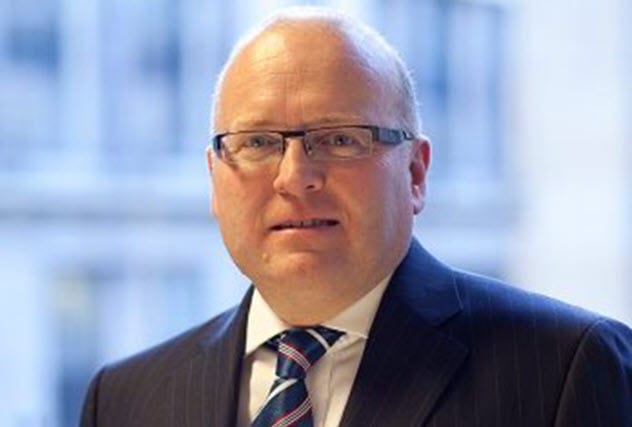
Keith Cochrane, the former group chief executive of Stagecoach, must have been pretty pleased with himself the day he was interviewed by Forbes Global in 2002. And why not? After all, Stagecoach was a prestigious company, and he was doing well for himself.
The day after, he wasn’t doing quite so well. During the interview, Cochrane had allegedly referred to his US customers as “riffraff,” a term that they didn’t approve of.[1] Cochrane denied making the comment and threatened to sue. The magazine, however, did not retract the story, and no lawsuit was forthcoming.
Revenue from Coach sales in the US fell—and continued to decline. In July 2002, Cochrane resigned. For completely different reasons.
9 Andrew Mitchell
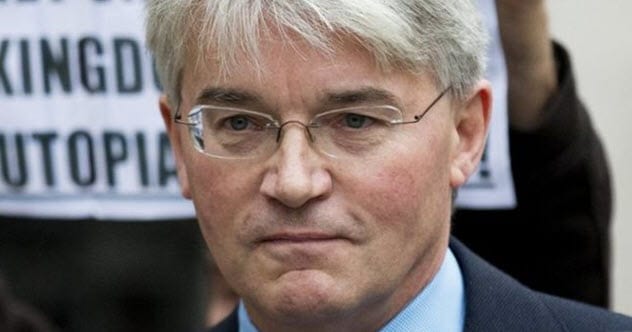
In 2012, Andrew Mitchell was a senior member of the British government and a chief whip when he tried to ride his bicycle through the gates of Downing Street. The gate was guarded by a policeman, who told Mitchell that he needed to dismount and walk the bike through the gate according to standard procedure.
Mitchell must have been in a hurry. He took exception to being told to get off his bike and walk. The following morning, a national newspaper reported the incident, quoting Mitchell’s response to the officer’s request as follows: “Best you learn your f—king place—you don’t run this f—king government—you’re f—king plebs.”
The country was outraged, not so much by the swearing but by the word “pleb.” It was felt that this expressed class snobbery and disrespect to a police officer.
At that point, Mitchell was faced with three options. He could have apologized, suggested he couldn’t remember what he had said but apologized “in case he had caused offense,” or called the policeman a liar. Mitchell went for the final option.
For good measure, he sued the newspaper for libel.
CCTV was examined, which clearly showed a short-tempered Mitchell berating the officer before finally dismounting and flouncing through the gate in a huff. In turn, the policeman sued Mitchell for defamation of character.
The result of “Plebgate,” as it became known, was that the police officer won his suit, Mitchell lost his, and the scandal forced him to resign from the cabinet.[2]
8 Gerald Ratner
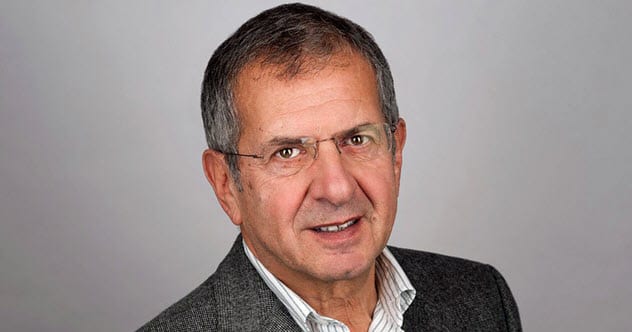
Gerald Ratner built an incredibly successful chain of jewelry stores with a unique business model and annual sales of over £1 billion. So, it was certain that other business executives would want to know the secret of his success.
And he told them.
In 1991, he made a speech at the Royal Albert Hall in London to 6,000 business executives, dignitaries, and, unfortunately for him, journalists. He began in conventional terms, talking about quality, choice, and aspiration, which seemed to be fairly standard stuff. Then he decided to “throw in a joke.”
“People say, ‘How can you sell this for such a low price?’ I say, ‘Because it’s total crap.’ ”[3]
And another one.
“We even sell a pair of [gold] earrings for under £1,” he said. “Some people say, ‘That’s cheaper than a prawn sandwich!’ [ . . . ] I have to say, the sandwich will probably last longer than the earrings.”
The next morning, he woke to a barrage of front-page stories about his speech and his company. The Sunday Times nicknamed him “Gerald Crapner.”
He tried to downplay the remarks. But by the time his stock had dropped by £500 million in just a few days, he knew he was in trouble. No one wanted to buy jewelry from “Crapners.”
He was forced to close hundreds of stores and make 25,000 employees redundant. He sold his shares for a pittance to pay off the £1 billion he now owed the bank and walked away with nothing.
7 David Shepherd
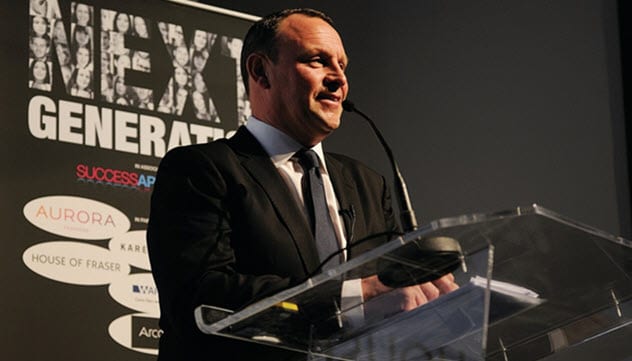
In 2001, David Shepherd was a senior director of Topman, one of Britain’s biggest menswear stores, when he described his customers as “hooligans.” Topman had 329 stores across the country. Their target audience was single, twentysomething males with large disposable incomes and few responsibilities. Or, as Shepherd put it, “beer-swilling lads.”[4]
Explaining why Topman didn’t do a big line in suits, he said, “Very few of our customers have to wear suits to work. They’ll be for his first interview or first court appearance.”
Shepherd tried to say that he had made the comments in jest, and the chairman of the company claimed that Shepherd was “exaggerating to make a point.” Quite what point he was making isn’t clear.
Shepherd was not fired from his post, even though the company saw an immediate drop in its share price. It seems that the “beer-swilling lads” also took exception to his remarks because Topman sales fell—and continued to decline over time. In January 2019, hundreds of stores were closed, though it wasn’t all about Shepherd’s remark by then.
6 Allen Roses
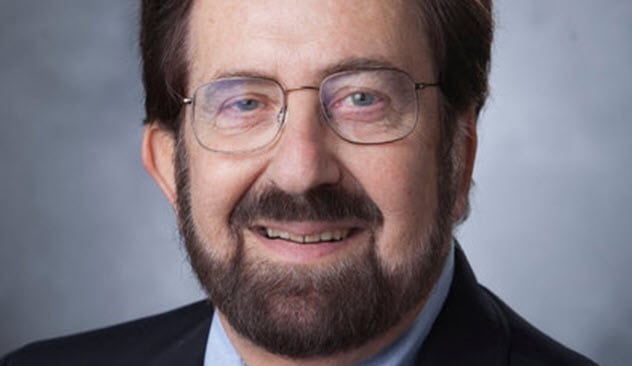
Allen Roses was the worldwide vice president of genetics at GlaxoSmithKline (GSK), one of the biggest drug companies in the world. In 2003, at a meeting of scientists in London, Roses was speaking at a meeting about the efficacy of drugs when he dropped a bombshell: “The vast majority of drugs—more than 90 percent—only work in 30 or 50 percent of the people.”
Put another way, nearly all drugs only work on less than half the people taking them. Which is a bit startling—to the public anyway. Apparently, this was widely known within the drug industry when Roses gave his speech. He went on to say that fewer than half the patients who were prescribed some of the most expensive drugs derived any benefit at all.
It was a bit unfortunate that his comments came a few days after the NHS had announced that their drug bill had gone up by 50 percent in three years to £7.2 billion. Also, it was only a week after GSK had announced to great fanfare that it had 20 new drugs under development that were predicted to earn it around $1 billion annually.[5]
However, Roses was a smart man. His work in genetics was focused on identifying “responders,” those who would benefit from a specific drug. This would avoid waste, save money, and reduce the sales of drugs.
This would be great for someone who did not work for a giant pharmaceutical company whose profit comes from the sales of drugs.
5 Ivan Seidenberg
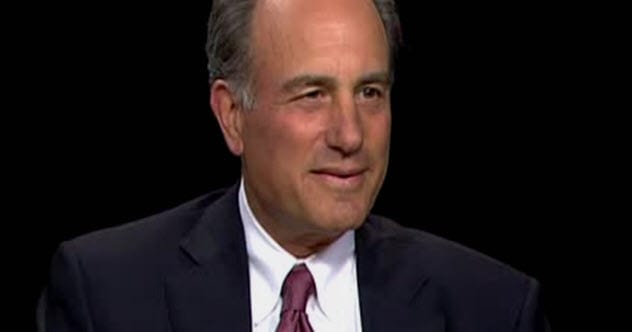
Ivan Seidenberg was a big deal at Verizon, the largest telecommunications company in the US. He was made the company’s only chief executive in 2002 after his co-chief exec retired.
In 2005, however, Seidenberg seemed to feel that the consumer was getting a little too demanding. “Why in the world would you think your (cell) phone would work in your house?” he asked. “The customer has come to expect so much. They want it to work in the elevator; they want it to work in the basement.”[6]
He also felt that it was unreasonable of the US public to want to be told about coverage areas and dead zones. “It’s not Verizon’s responsibility to correct the misconception by giving out statistics on how often Verizon’s service works.”
He finished up the interview by defending the high fees that he charged when consumers canceled their contracts.
In 2007, Seidenberg acknowledged that he had a tendency to underestimate the impact of new technologies on the market. He said, “It’s a spectacular adjustment that we’ve had to make to make sure we stay up with consumer demand.”
Seidenberg retired as CEO of Verizon in 2011.
4 Helen Mirren
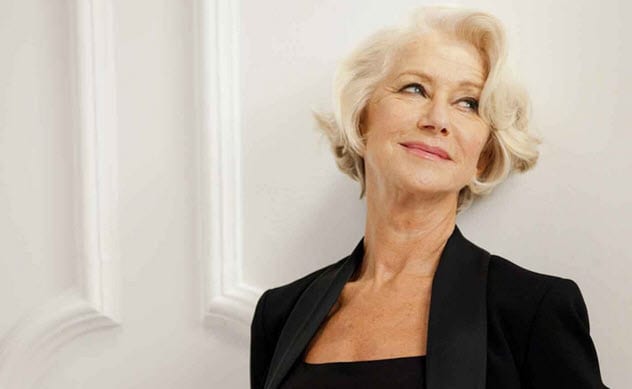
Dame Helen Mirren was the “face of L’Oreal” in 2017 when she put her foot in her face cream. Sitting alongside a bunch of L’Oreal executives during a panel interview, she went “off-script” when she said, “I’m not setting standards for others. All I can do is be who I am. I’ve always loved makeup.”
Fair enough. That’s why they hired her. Mirren is known to be the sort of feisty independent older woman that they wanted to promote their products. Then she added, “I’m an eternal optimist. I know that when I put my moisturizer on, it probably does f–k all, but it just makes me feel better.[7]
The other panel members gave tight-lipped smiles and moved swiftly on. L’Oreal did not refer directly to her comments but said they had hired her because she “challenged perceptions of old age.”
3 Chip Wilson
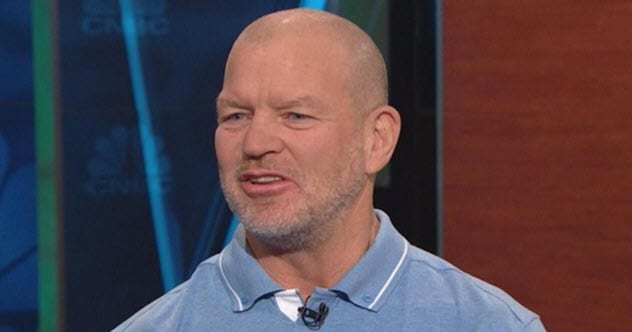
Chip Wilson was the founder of Lululemon Athletica, a company with just the kind of name that you would expect for a company that sold yoga gear. In an interview in 2013, he explained that the reason the company’s yoga pants “pilled” was not due to inferior materials but because some of his customers were too fat for them.
Yes, he said that. On television.[8]
The company was already in trouble because of increased competition in the women’s sportswear market, and his comments did not improve sales. For some reason, women took offense.
In 2013, Chip Wilson resigned from the chairmanship of the company. He doesn’t quite seem to have understood what he did wrong, however. He subsequently wrote a memoir of the debacle and decided to call it Little Black Stretchy Pants, with a cover photograph of a butt and thighs (with an obvious thigh gap) encased in his trademark yoga pants.
2 Mike Jeffries
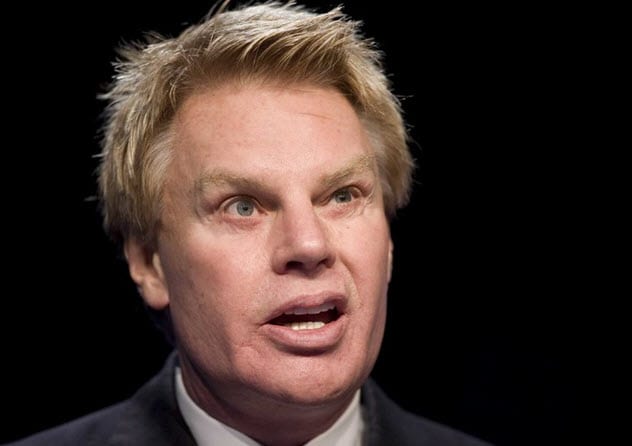
In 2006, Mike Jeffries, then CEO of Abercrombie and Fitch, gave an interview to Salon which went largely unremarked at the time. Times change, however, and about six years later, someone apparently read the article.
And all hell broke loose. Jeffries had said that he only wanted good-looking people in his shops “because good-looking people attract other good-looking people, and we want to market to cool, good-looking people. We don’t market to anyone other than that.”
So, no ugly people allowed. Just in case we hadn’t got the message, Jeffries provided more detail. He didn’t want any “uncool kids” or “fat women.”
These overweight women just can’t catch a break.
Jeffries had a plan for the global domination of Abercrombie and Fitch and didn’t intend to let anyone get in his way, including ” ‘girlcotting’ high school feminists, humorless Asians, angry shareholders, thong-hating parents, lawsuit-happy minorities, nosy journalists, copycat competitors, or uptight moralists.”[9]
The company was forced to issue an apology for the interview but only in 2013 when it found its way onto social media. Sales fell, and Jeffries resigned in late 2014 due to declining company revenues.
1 Russell Brand

In 2009, the TV presenter Jonathan Ross was a guest on Russell Brand’s radio show when Brand thought it would be a good idea to call the actor, Andrew Sachs. Sachs wasn’t at home, so they decided to leave a voicemail.
The message began pleasantly enough. Brand expressed admiration for Sachs’s work and disappointment that he had not made it onto Brand’s radio show. And then Ross shouted from the background, “He f—ked your granddaughter!”[10]
Russell Brand hung up.
At this point, they would probably have gotten away with it, but Brand decided to call Sachs back. Brand got the machine again. He apologized, explained it was a joke, and apologized again. Then Brand asked for permission to marry the granddaughter, reassured Sachs that he had worn a condom, and put the phone down.
Then the two men called again. This time, Russell Brand did what he is famous for doing, making up surreal rhymes on the spot with very little actual thought given to what he was saying. The song mentioned the words “consensual” and “menstrual” (because it rhymes), and then he hung up.
Then the men called again.
The media, largely orchestrated by a newspaper with whom Brand was having a feud, was offended on Mr. Sachs’s behalf and encouraged people to complain. Which they did.
Both presenters were suspended from the BBC and given large fines despite the fact that a rather bemused Andrew Sachs said he really wasn’t that bothered. And the granddaughter was fine about it, too.
Read about more people who just didn’t know when to shut up on 10 Recent, Crazy Claims From Apparent Time Travelers and 10 Reasons The Philippines Has The Craziest President On Earth.







